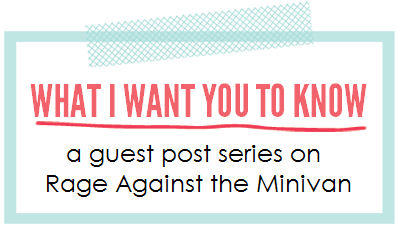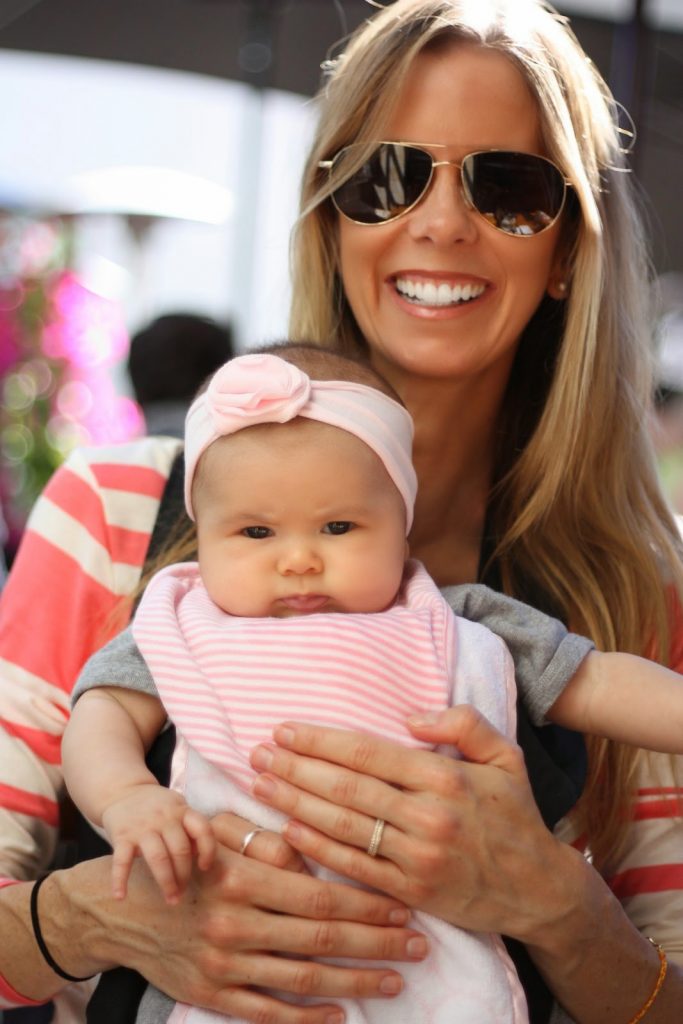I’ve never considered myself a “hippie” or even au natural. I enjoy wearing makeup (and have no interest going out in public without my bronzer – even wearing it in the hospital during the birth of my baby girl), I shave my underarms and love a sexy pair of high heels. I’ve spent my career in fashion and consider myself a “modern woman” who was driven to focus on having a successful work life before settling down to have children. Buying organic produce, switching to green-cleaning products and the desire to breastfeed my baby, was about as earth-mama as I got. And that’s still me. Even after “eating” my placenta following the birth of my first born, I still love a sexy pair of Louboutins and never leave the house without a bronzed glow.
When I was about 7 months pregnant, a close friend asked me if I had heard of women eating their placenta and if I would ever do it, to which I replied in a disgusted shriek, “Ah! Gross! No, I would never consider that.” Way too hippie-dippie for me, I thought. After a good laugh with my girlfriend and a bought of judgment toward those who would do something soooo odd (and icky!), I spent the next hour trying to get the image of a gooey dark bag being sliced up on a cutting board, out of my mind.
It was only a few weeks later, during a meeting with my lactation consultant, Elaine, that this stomach-turning subject surfaced again. In her sweet, cheery voice, Elaine asked me if I was planning to “eat my placenta” as though it was as common as asking if I was planning to get an epidural. Once again, I almost gagged at the thought of this primitive sounding practice. The visual came right back – there was my placenta on the cutting board. Yuck. This time, I tried to respond a little more open-minded sounding. “Oh, I’ve heard of it, but I’m not sure if it’s for me,” I said through a half-grin, my eyes nervously shifting downward.
Elaine chirped, excited to share the benefits of this practice that I soon found out is done by almost all other mammals on the planet, and has been commonly used by the Chinese for centuries, noted for it’s “healing powers.”
I learned how “placentophagy” (accordingly to Wikipedia, the act of eating one’s placenta) is used to help new mamas avoid postpartum depression, heal faster from labor, and support lactation, amongst other things. Suddenly this was actually starting to sound somewhat appetizing!
I’ve always been a slightly anxious (ok, really anxious) person, whose moods can easily be affected by challenges big and small. I curse when I get cut off on the 405 freeway, will let a parking ticket totally ruin my day (sigh), and have been known to shed a tear over spilled milk (pumped, of course!). Despite having a career that demands me being assertive and confident, I am a sensitive person who over-thinks everything and can wallow in my thoughts for days. Because of this, I was a bit concerned about how all of the crazy post-baby hormones would affect my delicate and temperamental mind.
So, I allowed myself to listen and be open-minded, as Elaine went on about the benefits of eating my placenta. My vision of chopping it up was quickly replaced by the vision of simply popping pills; Elaine shared how many women have it dehydrated and then crushed, put into pill form. So, according to her, it was just like taking a vitamin. Ok, I thought. I’m able to stomach this idea now.
Still a little apprehensive, but now more open to the idea, I got home that day and immediately started researching online. An article popped up right away about January Jones (Betty on Mad Men), and how she had been criticized for doing this after her first-born. But like Elaine, she felt strongly about its benefits in helping her have a fast, healthy and positive recovery post-baby. Hmmm, I thought. I like January Jones. She seems like a normal person. And if she can do it, I probably can too.
Elaine put me in touch with a local woman, Satya (who is a total earth mama – you’d have to be, right, in order to touch other people’s placenta?!). She collects your placenta from the hospital (where you provide a small cooler to keep it in right after delivery), and then over the next four days she dehydrates, grinds and encapsulates your baby-sack. After a brief chat with Satya, I decided I would do it. Already having felt quite emotional during pregnancy, I figured anything that could possibly keep me from launching into a spiral of unwarranted ups-and-downs would be worth trying.
Five days after the birth of my sweet girl, Satya came over to deliver my placenta pills. She packaged them in a small glass Ball jar, with a blue and purple braided yarn around the top that attached something that looked like a doggie’s chew toy. I held the jar, as my newborn slept soundly on my chest, and Satya stood before me. “What’s this?” I asked, tugging lightly at the chew toy. “That’s the umbilical cord that I’ve also dried for you, to have as a keepsake.” Alrighty. I felt my mouth fall open as I tried to gather my thoughts. “Oh” was all that I managed to get out. She proceeded to explain how I needed to start taking the pills right away – three a day until they ran out. And then, as quickly as she appeared, she left me laying there, slightly bewildered, on my bed with my little angel soundly sleeping.
That day, I began taking the pills. I’ve been told that postpartum can come on any time during the first year after birth, but commonly shows itself within the first few weeks. A deep darkness of depression that leaves you feeling unconnected to your kin, and unconnected to your new life. All of the expectations; a let down. Every time I popped one of my pills, I thought, “ok, this is worth it.” Anything to try to help avoid that darkness that I know is so common amongst new moms.
While taking the pills, I never had a dip. I never felt unconnected. For the first time in my life, I only felt warmth, whole-hearted love, fulfillment and presence. I continued to take the pills until they ran out; about 8 weeks into my postpartum experience. And every day, even though I was exhausted, I felt good. I felt happy. I felt present. And, most importantly, I felt completely and totally connected to my baby and my new life as a mama.
Now, I’m not giving full credit to the placenta pills for this. But knowing my past, and how my hormones have affected my moods all throughout my adult life (when I’m PMSing, my poor husband walks on eggshells!), I do feel strongly that they played a significant roll in my beautiful postpartum recovery. Also, during this same time, one of my close friends had given birth only two weeks ahead of me, and she opted to eat her placenta as well. She said she started to feel a dip in emotion coming on pretty strong during the 5th day of her postpartum – and then Satya appeared with her pills and, almost immediately, she felt a lift in her mood. Could be coincidence, could be just a shift in your mind…but whatever it is, even if it’s just a placebo-effect that makes you think you are feeling good, it was worth it to me.
I call them my “happy pills” and if I could take them everyday for the rest of my life, I would. There is no doubt that I will consume my placenta after any future children I have. I am so grateful for the positive and healthy journey I had bringing my baby girl into this world, and I wouldn’t change a thing. To those who might still cringe at the thought of this practice, I completely understand – but I encourage you to be open to it, and explore the idea because I feel that if there is even just a small chance that this can help have the kind of recovery that I did post-baby, it’s worth it.


